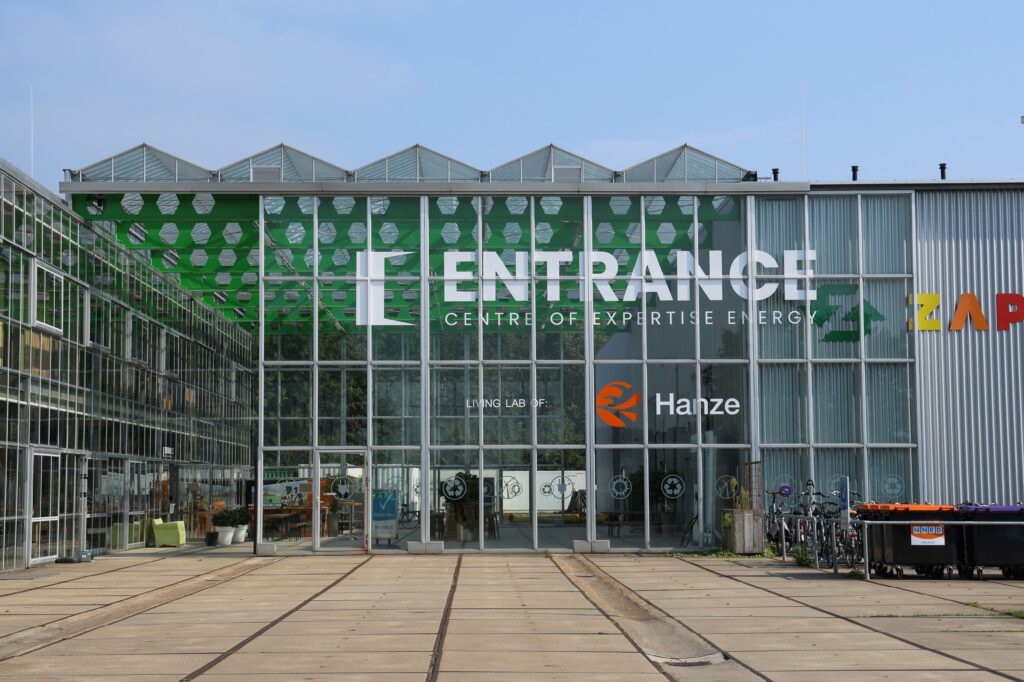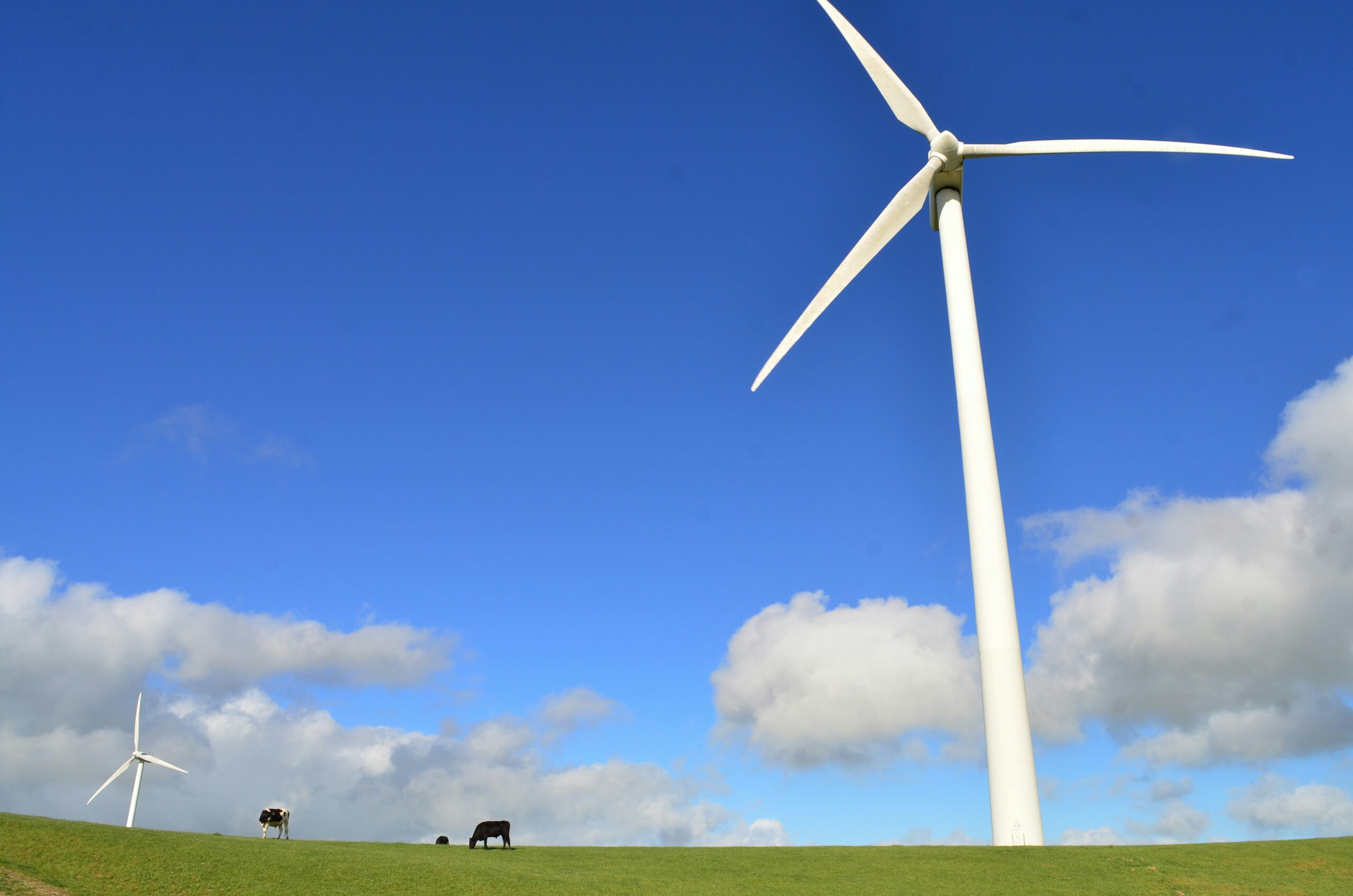Decreasing risks and costs of green hydrogen
The HyPro-program focuses on the reduction of technical risks for the production of green hydrogen, an essential part of the energy transition. The partners do this by promoting innovations across all its value chains, with the aim of reducing implementation risks and lowering the costs of hydrogen production.
The European Commission has, with the Green Deal and the Repower Europe-strategy, ambitious goals for the energy transition. The development of green hydrogen is therefore an important catalyzer. These objectives result in a market for electrolysis-systems of a multiple billion euros in Europe. This way, it becomes appealing for the European manufacturing industry to invest in this technology.
The technology is not fully grown yet. This leads to risks with implementing hydrogen production technology and higher costs than expected. There are innovations in the value chain necessary to decrease these risks and costs. HyPro focuses on decreasing these risks by:
HyPro recognizes that there is no single solution for hydrogen production. Multiple technologies, such as alkaline electrolyzers, PEM (Proton Exchange Membrane) electrolyzers, and SOEC (Solid Oxide Electrolyzers), have unique benefits and challenges. The program researches these technologies to evaluate their competition ability for specific appliances.
HyPro promotes collaboration between various parties in the value chain, from component developers to end-user. This helps with the development of shared quality control and the sharing of knowledge, which is essential for the growth of the hydrogen market in the Netherlands.
The HyPro-program is an important step for the sustainable hydrogen economy, with a strong focus on innovation, collaboration and reducing risks in the value chain. The goal is to reduce costs of hydrogen production and accelerating necessary technologies used in the energy transition. HyPro makes it possible for Dutch companies to secure a place on the world market through sustainable technology.
The HyPro consortium consists of 58 partners; 17 research organizations in the Netherlands; 10 universities; 2 research institutes and 5 universities of applied sciences; 7 end-users in refinery, chemistry and energy sector and 34 high-tech companies that completely cover the value chain. These companies are active in the development of equipment for the production of unique coating technologies, all the way to developers of key components such as electrolysis stacks and/or Balance of Plant (BoP) systems. The development of the ecosystem focused on innovation is therefore an important goal.
For more information: GroenvermogenNL

Duration: October 2024 – March 2029
Total budget of the project: €50 million
Budget ENTRANCE: €950.000
Partners: 58 partners
Theme:
Renewable Fuels and Sustainable Gases
Involved professorships:
Sustainable gases and fuels
Energy transition
The future of the transition to sustainable energy.
Developing an innovation roadmap for small-scale wind energy, commissioned by TKI Urban Energy.
Which policy instruments can European cities utilize to promote the implementation of Positive Energy Districts?
How can the Dutch energy market be organized, in order that it joins the changing energy system? This is a central question at the project MODES (Market Organization of the Dutch Energy System).
